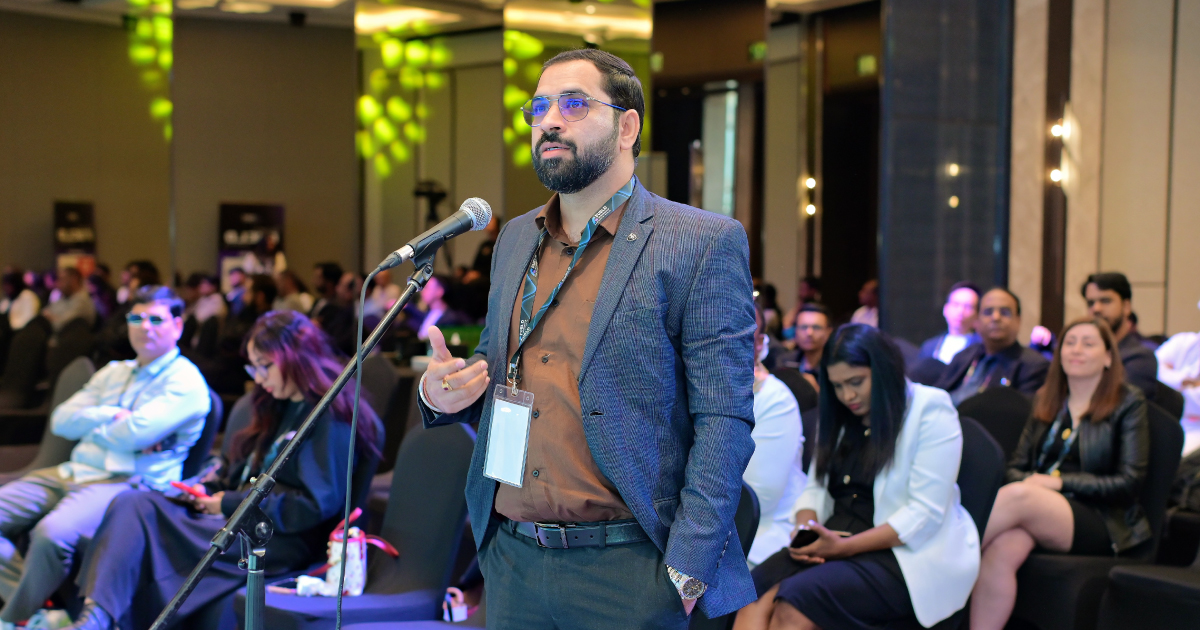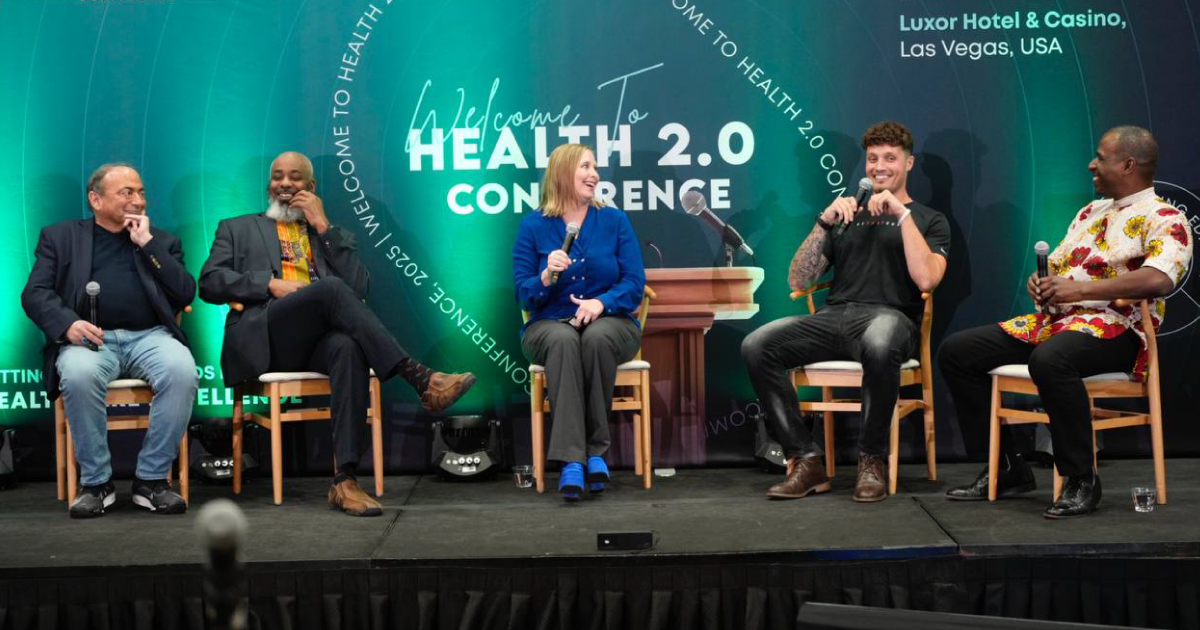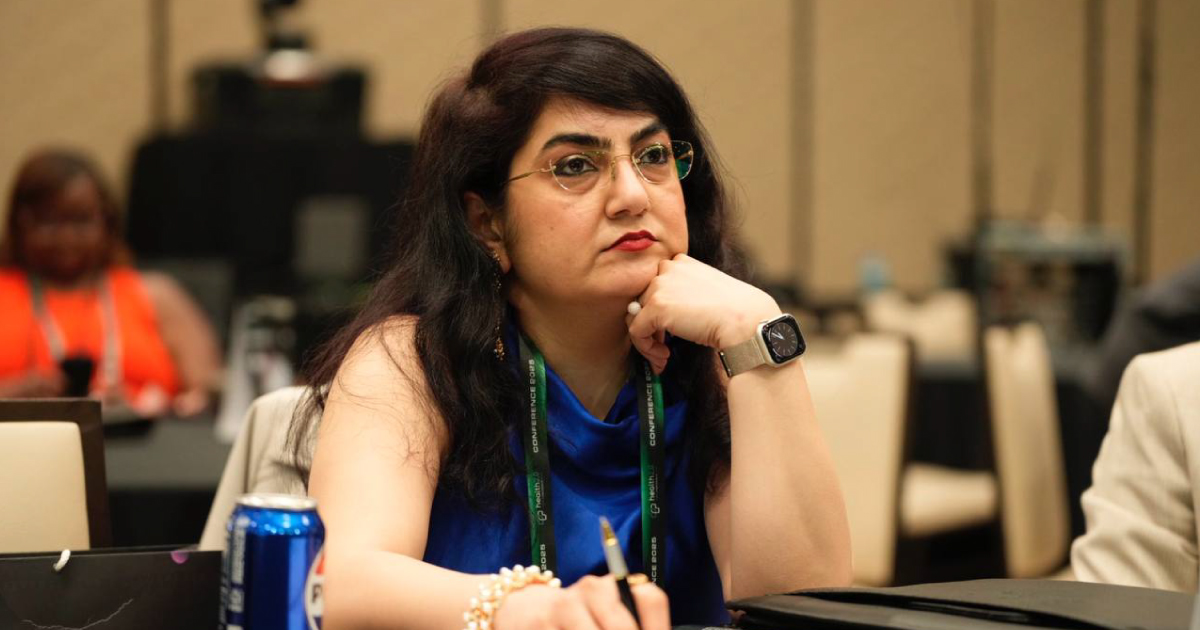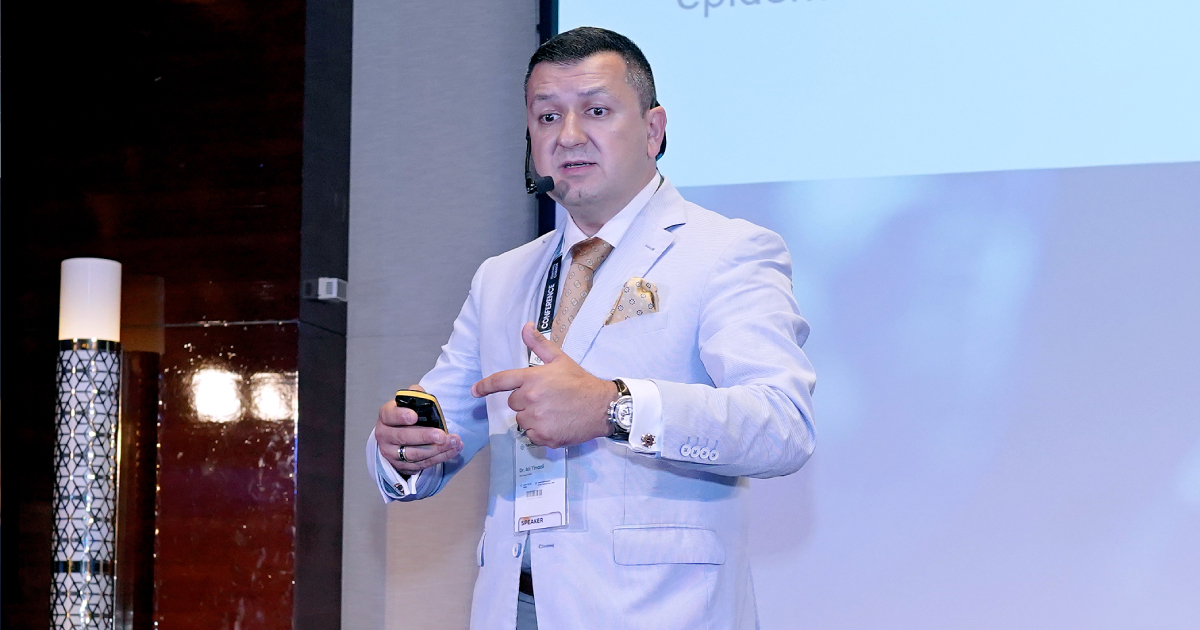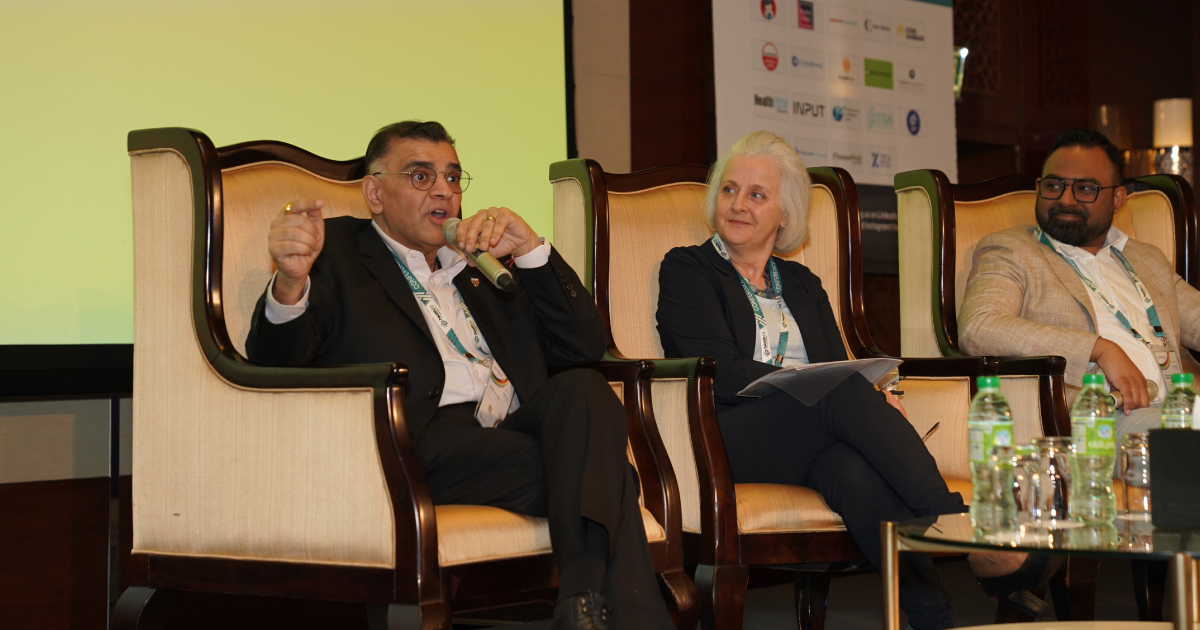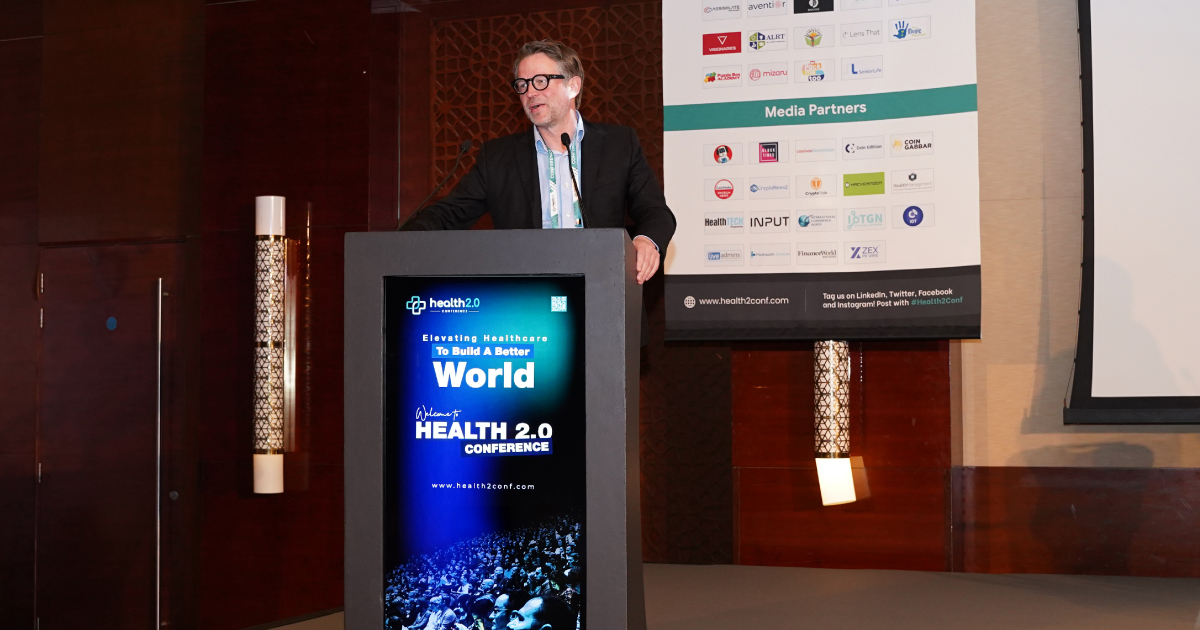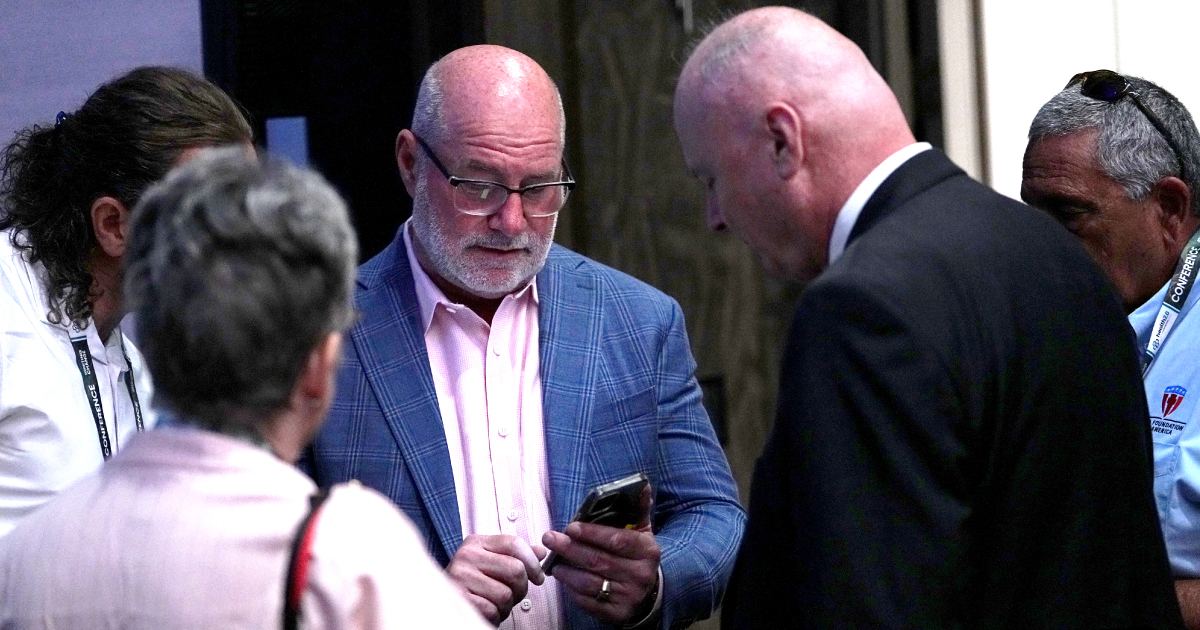Healthcare inequities remain an unfortunate reality, as marginalized groups face barriers to vital services, exacerbating socio-economic impacts. As we seek solutions for inclusive, equitable care, upcoming healthcare events in Vegas, like the Health 2.0 Conference, provide an opportune forum for insightful discussions. This article offers a roadmap towards ensuring high-quality, affordable health services for all—not just the privileged few. Readers will gain an actionable understanding of promising policies, technologies, and system-wide approaches to advance health justice. The path ahead requires dedication, but we must embrace transforming healthcare to comprehensively serve diverse communities.
Deep Dive Into Healthcare Disparities
Modern healthcare confronts stark disparities at the intersection of advancement and inequity. These gaps, evident across socio-economic, racial, geographical, and gender spectrums, are critical focal points in global health conference forums. Here, the emphasis shifts from mere discussion to strategizing actionable solutions.
A detailed analysis of health data reveals alarming trends. In the US, life expectancy varies by 10-15 years between the wealthiest and poorest, a stark indicator of the socio-economic impact on health. Cardiology, notably, under-serves women, reflecting gender-based healthcare neglect. Ethnic minorities face higher disease rates, exposing racial disparities in medical treatment. Rural areas suffer from limited access to healthcare facilities, and the uninsured are disproportionately affected by these healthcare gaps.
Identifying these issues is crucial for equitable healthcare advancement. Leaders in health conferences are now pivotal in steering discussions towards effective, inclusive strategies. These conferences serve as platforms for collaborative efforts, aiming to bridge these health divides with sustainable solutions and make strides toward a more balanced healthcare future.
Impact Of Healthcare Disparities
The consequences of healthcare disparities stretch far and wide, impacting individuals, communities, healthcare providers, and the system as a whole. Those in marginalized groups experiencing limited access and lower-quality care often face dire health outcomes such as increased mortality and chronic illness. These challenges perpetuate a cycle of poverty and hardship. Healthcare providers in these communities struggle with inadequate resources, while the health system incurs higher costs due to inefficiencies and lowered quality of care.
As we look forward to 2025, the significance of these disparities is set to be a central theme at major healthcare events in Vegas, like the Health 2.0 Conference. These platforms offer a unique opportunity for professionals and stakeholders to delve into the latest research and collaborate on innovative solutions. The focus is on creating a more equitable healthcare landscape where quality care is accessible and affordable for all, irrespective of background. This forward-thinking approach aims not only to address current disparities but also to prevent future ones, paving the way for a more inclusive and effective healthcare system.
Building Healthcare Equity Through Inclusive Models
Experts increasingly highlight inclusive frameworks like patient-centered and integrated care as powerful ways to tackle disparities, as reinforced in transformative health conference discussions. Real-world success stories showcase these models, improving outcomes and experiences while reducing costs. Looking ahead, amplifying such initiatives will be key to promoting healthcare equity and accessibility. Comprehensive, compassionate care must humanize experiences by breaking down silos and empowering diverse patients. Championing inclusive models is an ethical necessity - the future of healthcare must reflect and serve all communities equitably.
Leveling Healthcare With Technology

Technological advancements are key to bridging gaps in healthcare. Artificial Intelligence and big data are revolutionizing precision medicine, enhancing patient care efficiency. These technologies enable early, personalized interventions, significantly reducing healthcare disparities. Virtual Reality (VR) is transforming medical training, especially in remote areas, by providing immersive, practical experiences without geographical constraints. Blockchain technology ensures secure and transparent data sharing, leading to reduced healthcare costs and improved accessibility.
These innovations are not just future possibilities; they are current realities. AI is already facilitating more affordable care solutions, VR is reshaping medical education in underserved areas, and blockchain is making patient data management more cost-effective. With the ongoing evolution of these technologies, a pathway is being created towards a future where achieving healthcare equality is a realistic possibility.
Embracing Diversity In Healthcare
The evolving demographics necessitate a transformation in healthcare practices. Key to this change is enhancing workforce diversity and cultural competence.
- Revamping educational curriculums to encompass cultural sensitivity and adopting fair recruitment practices are essential steps
- These initiatives nurture a tolerant and perceptive work environment that is adept at addressing diverse patient needs. This shift not only improves the quality of care but also boosts patient satisfaction and workforce productivity
- Looking forward, the healthcare industry is increasingly recognizing the importance of a multicultural workforce as a significant trend
- By embracing these changes, the healthcare sector can significantly enhance patient outcomes and drive socio-economic progress.
Multifaceted Collaboration For An Equitable Healthcare Landscape
In the quest for an equitable healthcare system, the emphasis is shifting towards synergistic collaborations. The coming years will see a stronger integration between hospitals, non-profits, governmental bodies, and technology firms, all united in the fight against health disparities. Such partnerships are pivotal for creating a comprehensive healthcare landscape that is fair and inclusive. Moreover, the role of ongoing education and leadership development, as seen in various health conference discussions, is becoming increasingly vital. These gatherings, rich in knowledge sharing and innovation, are subtly shaping the future of healthcare. They serve as incubators for ideas and strategies, essential for healthcare leaders and innovators committed to building a boundaryless and equitable healthcare system.
Lead The Change In Addressing Healthcare Disparities
In summary, the path to a fairer healthcare landscape is through enhanced collaboration, embracing technology, and promoting workforce diversity. As we advance, these elements are crucial in addressing healthcare disparities. The upcoming healthcare conferences in the USA 2025 are set to represent significant opportunities for stakeholders to contribute to this transformative journey. These conferences serve as platforms for sharing fresh data and innovative ideas and initiating meaningful dialogue.
They underscore the importance of collective efforts in healthcare innovation. For those passionate about making a difference, exploring and participating in health conferences, such as the Health 2.0 Conference, is a step towards creating impactful change. Seize these opportunities to shape a more equitable healthcare future.





